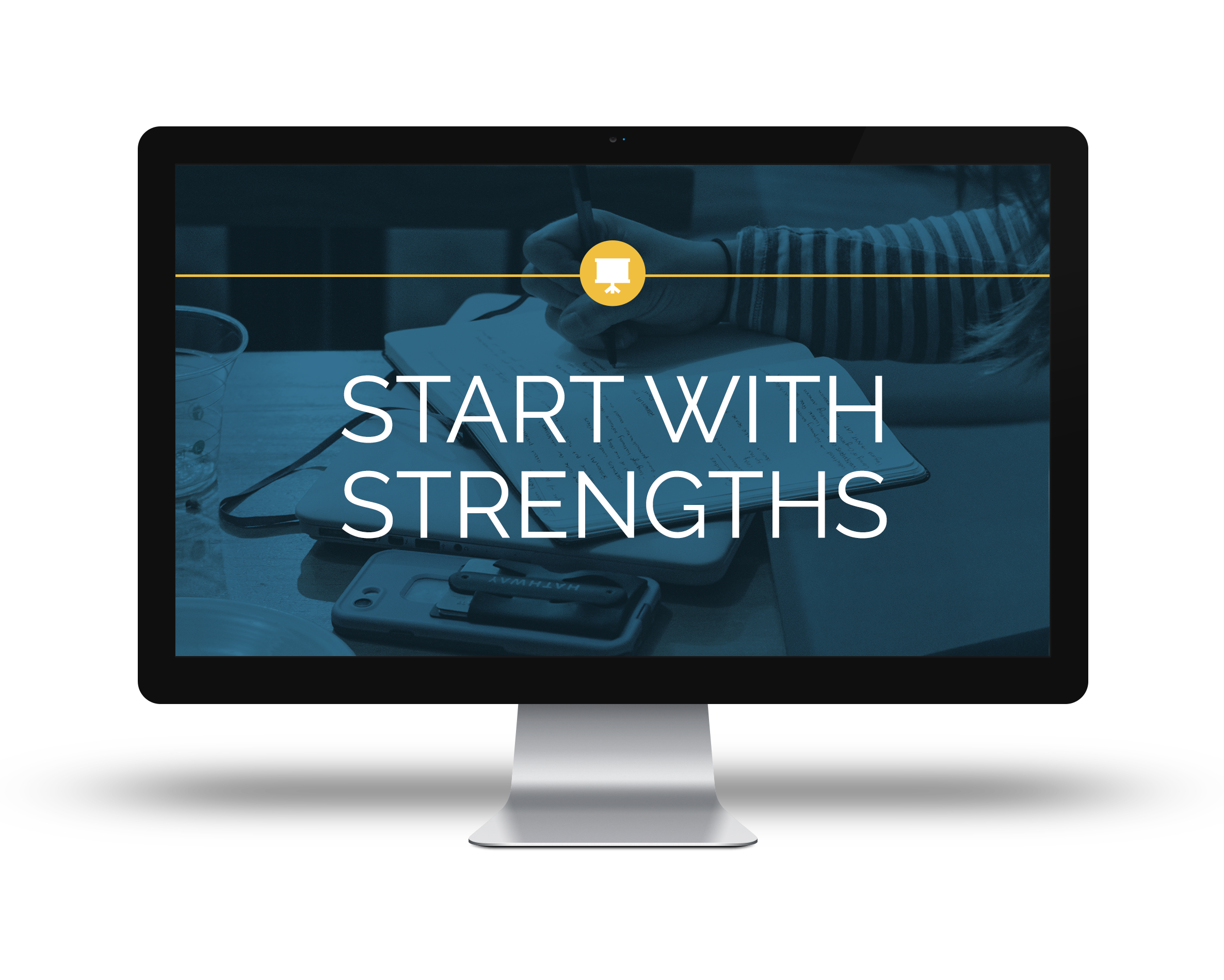“New Year, New You.” Is this your motto? For some people, the new year is a chance to reset and hit the ground running on new resolutions, goals and challenges. It can be an opportunity to look back over the previous year and make decisions that will carry you through the next 12 months.
But, on the other hand, for many others, the new year can evoke feelings of stress, pressure and anxiety. This post is intended for those who are feeling stressed out, overwhelmed, or upset here in the first part of the new year.
To start, I turn to the work of Stanford researcher, Kelly McGonigal, who has been researching the benefits of stress and how people can become more resilient. McGonigal frames the conversation in an interesting way – she says we need to “get good at stress.” This means to cultivate a mindset that stress is not a bad swarm of negativity that’s going to overpower and crush us. Rather, stress is energy that we can harness in the moment. We can direct the energy toward something productive.
It has become commonplace to see writers in the blogosphere refer to stress resilience as “bouncing back” from a setback. That is correct, but a more useful frame is offered by hardiness researcher Salvatore Maddi who argues that stress resilience is about having “the courage to grow from stress.” This does not mean we should be unaffected and untouched by stress. It means we can use stress to awaken our core human strengths.
Instead of telling people they need to learn to “bounce back” when a stressor occurs, we might encourage them to acknowledge and learn from the stress and discover how they might use their strengths to grow from it. Indeed, this takes courage: The courage to be you. The courage to trust your internal gifts. The courage to be wrong. The courage to be willing to change.
As McGonigal argues, any effective stress management tool – especially those involving shifting our stress mindset – is going to involve three parts: LEARN IT. DO IT. SHARE IT.
In other words:
- Learn the new information. Understand the concept and why it’s important.
- Do the activity. Practice it in your daily life – at work, home, and socially.
- Share the activity with others, such as family, friends, co-workers, neighbors, and/or social media.
Let’s play these steps out with one of the best exercises in the field of positive psychology: the activity known as “use your signature strengths in new ways.” Allow a new strengths mindset to unfold as you follow these steps.
- Learn it: Understand what your signature strengths are (take the VIA Survey if you don’t already know). Understand the importance of your unique signature strengths and how you have used them over the years. Read these two previous articles on this activity to learn more (Flourishing at Work and New Ways to Happiness).
- Do it: Use 1 of your signature strengths in a new way. EACH TIME you begin to experience stress today, tomorrow, and the next day, turn to the signature strength you have chosen. How might you use that strength (e.g., curiosity, kindness, leadership, gratitude) in a new way to handle the stressor, to see the benefit of it, to reframe it, to grow from it?
- Share it: Post a photo or story about your “strengths-stress management” on Facebook or Instagram. Frame it into a Tweet. Tell your significant other what you are doing. Do the activity along with friends.


